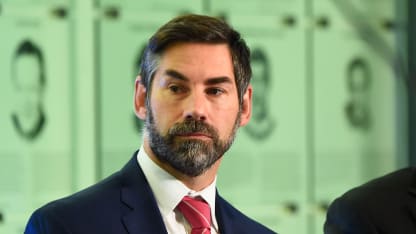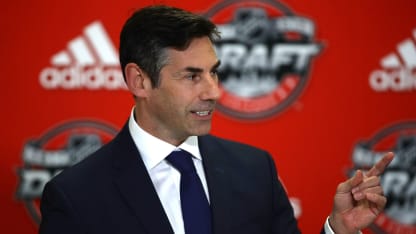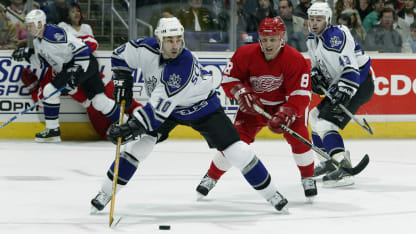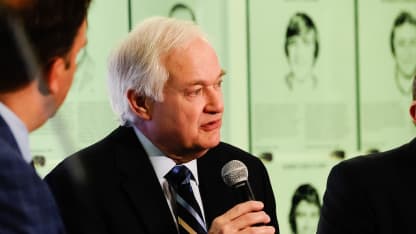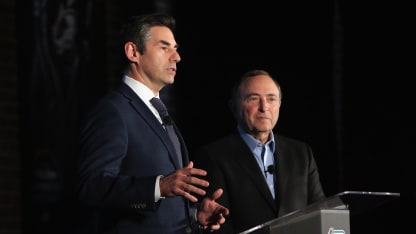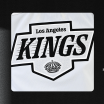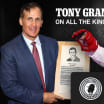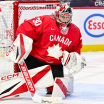Although it wasn't by choice, it didn't take long for Mathieu Schneider to get involved in the
NHL Players' Association
(NHLPA).
Early into his career with the Montreal Canadiens, Schneider was dragged, as he put it, to a meeting by teammate Ryan Walter.
"He said 'you're coming and you have no choice'," Schneider recalled. For the young pro, it was an eye-opening experience. "I really didn't have any idea or concept why things were the way they were. It kind of lit a spark when I went to that first meeting," he reminisced.
From that moment on, Schneider became actively involved in the NHLPA, joining the competition committee and serving as the Canadiens' player representative.
Over the course of his 20-year NHL career, Schneider figures he served as a rep for nearly half of that time.
Mathieu Schneider Provides Wealth of Experience for NHLPA
The former LA Kings defenseman uses his extensive playing experience to advocate for current NHL players
